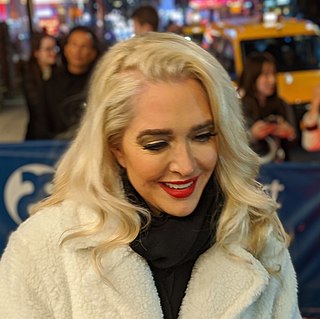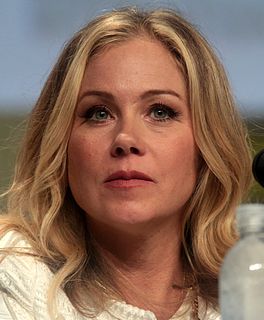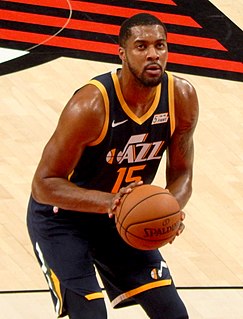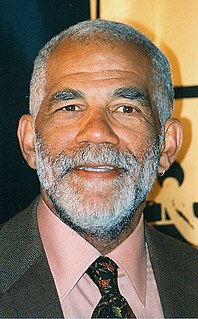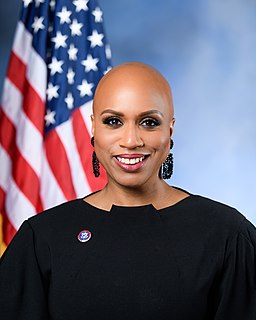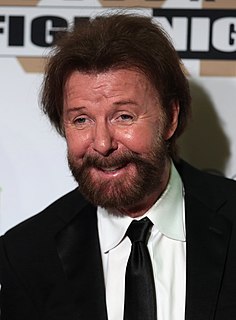A Quote by Erika Jayne
My mother was very hard on me when I was a child. I think she was raising me how the world was treating her.
Related Quotes
My mother didn't feel sorry for herself, she was left with no child support, no alimony at a very young age, with a child to raise, a high school education and she just figured it out. She didn't complain, she didn't rely upon government, she relied upon her own skill set, her own self confidence, her own drive in moxie and her own duty to me and her and she relied upon her family and her faith.
For a mother the project of raising a boy is the most fulfilling project she can hope for. She can watch him, as a child, play the games she was not allowed to play; she can invest in him her ideas, aspirations, ambitions, and values - or whatever she has left of them; she can watch her son, who came from her flesh and whose life was sustained by her work and devotion, embody her in the world. So while the project of raising a boy is fraught with ambivalence and leads inevitably to bitterness, it is the only project that allows a woman to be - to be through her son, to live through her son.
"Baby, you know?" my mother once said to me. "I think you're the greatest woman I've ever met - and I'm not including my mother or Mrs. Eleanor Roosevelt in that." She said, "You are very intelligent and you're very kind, and those two qualities do not often go together." Then she went across the street and got in her car, and I went the other way down to the streetcar. I thought, "Suppose she's right. She's intelligent - and she's too mean to lie." You see, a parent has the chance - and maybe the responsibility - to liberate her child. And my mom had liberated me when I was 17.
It was hard when my mother left us. I said to myself: 'You must keep working hard for her.' She was a teacher, a big influence. She made me work harder. So when I'm not doing something right or when I'm not playing or working hard enough, I remember what she used to say to me. She gets me moving. She pushed me to work hard.
My mother was totally different from the mothers of my friends. She would never separate from me. In a way, my life belongs to her. When I was a child, she complained that I was anorexic, so they sent me to places to get me to eat. When I look at pictures of myself, I was just a normal-looking child. It was her fantasy.
Every act of motherhood contains a dual intent, as the mother holds the child close and prepares it to move way from her, as she supports the child and stands it firmly on its own feet, and as she guards it against danger and sends it out across the yard, down by the stream, and across the traffic-crowded highway. Unless a mother can do both - gather her child close and turn her child out toward the world - she will fail in her purpose.
As Anna Freud remarked, the toddler who wanders off into some other aisle, feels lost, and screams anxiously for his mother neversays "I got lost," but accusingly says "You lost me!" It is a rare mother who agrees that she lost him! she expects her child to stay with her; in her experience it is the child who has lost track of the mother, while in the child's experience it is the mother who has lost track of him. Each view is entirely correct from the perspective of the individual who holds it .
Years ago someone wrote [about me]: 'She characterizes Molly Weasley as a mother who is only at home looking after the children.' I was deeply offended, because I until a year before that had also been such a mother who was at home all the time taking care of her child [...] What has lesser status and is more difficult than raising a child? And what is more important?
My mother smokes me out. We'll get these long periods of me thinking I'm too busy to call her up or e-mail her, and she'll send me something. My mom's a real whiner. I love her to death, but she always sends me these 'woe is me' things. I think she might be Jewish. I'm not sure. She's Baptist-Jewish, which is a double whammy.
Mother, I am young. Mother, I am just eighteen. I am strong. I will work hard, Mother. But I do not want this child to grow up just to work hard. What must I do, mother, what must I do to make a different world for her? How do I start?" "The secret lies in the reading and the writing. You are able to read. Every day you must read one page from some good book to your child. Every day this must be until the child learns to read. Then she must read every day, I know this is the secret
